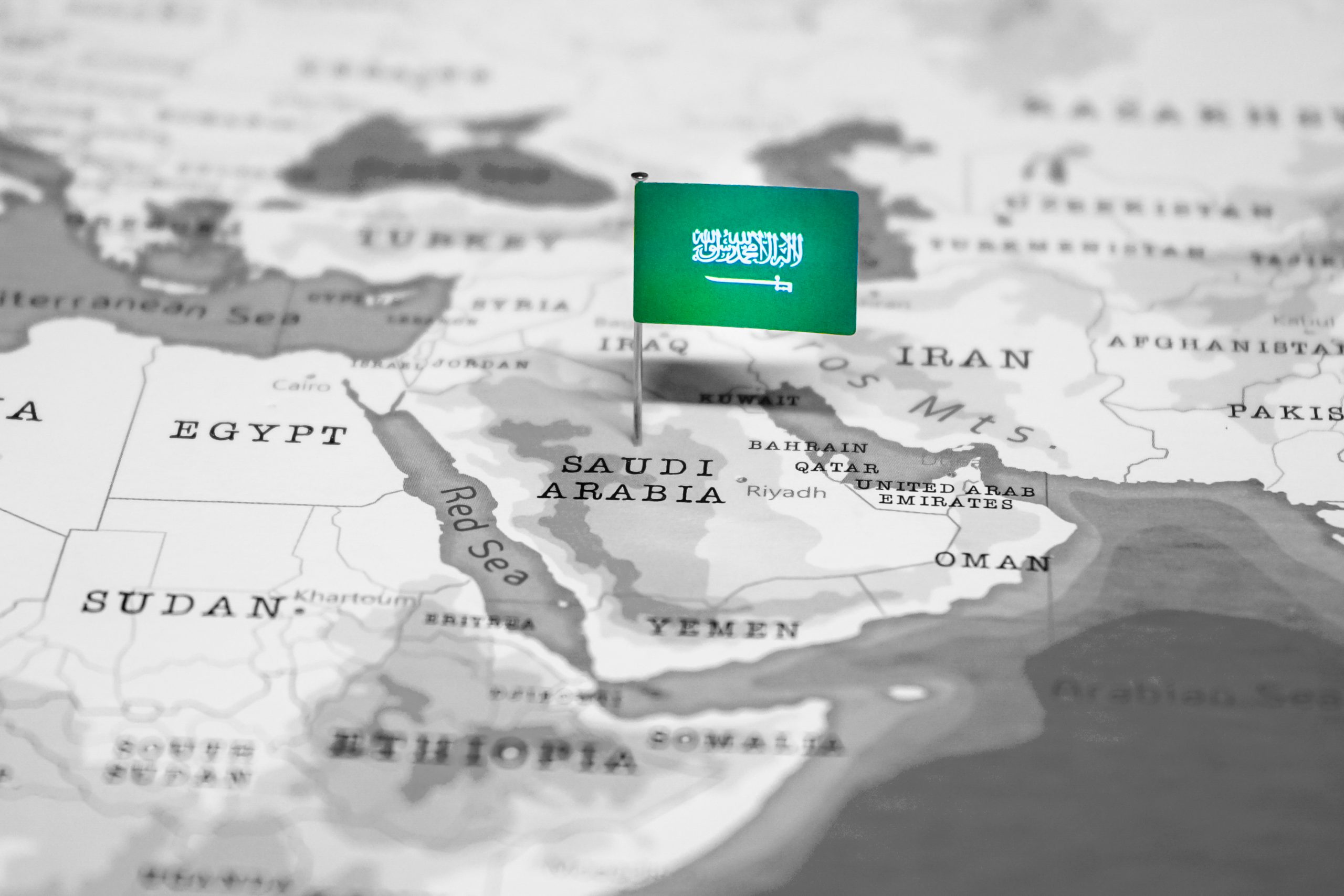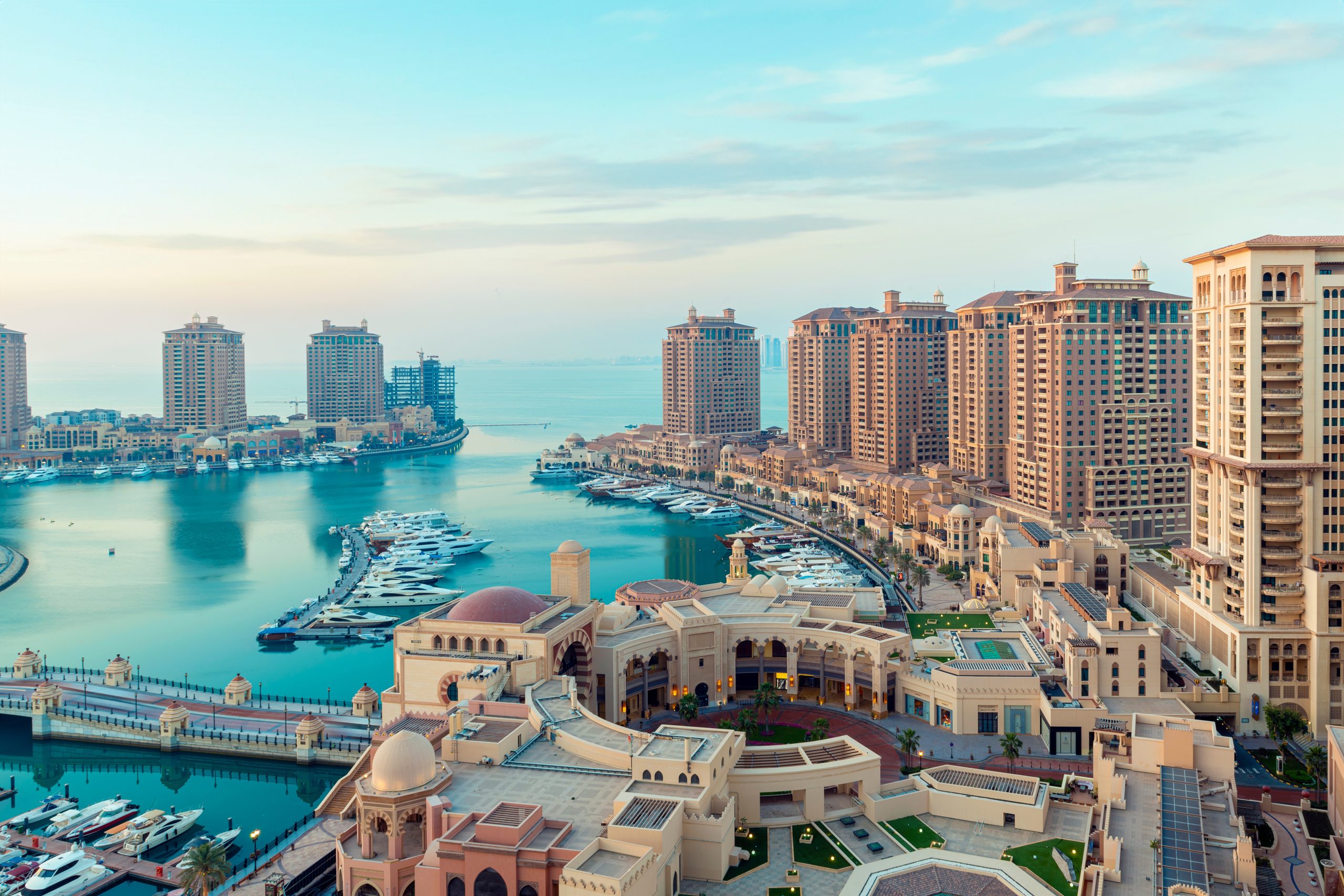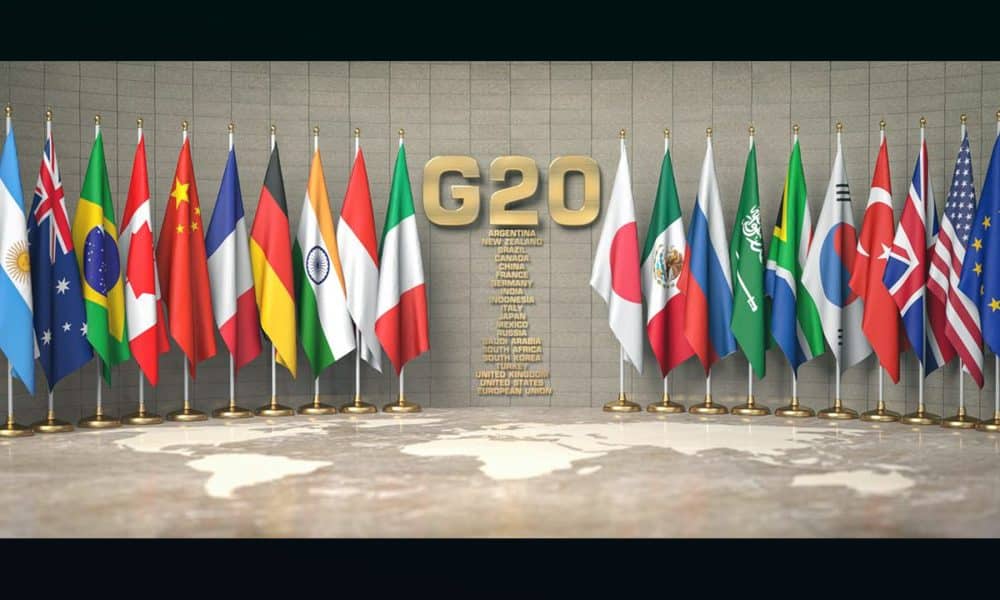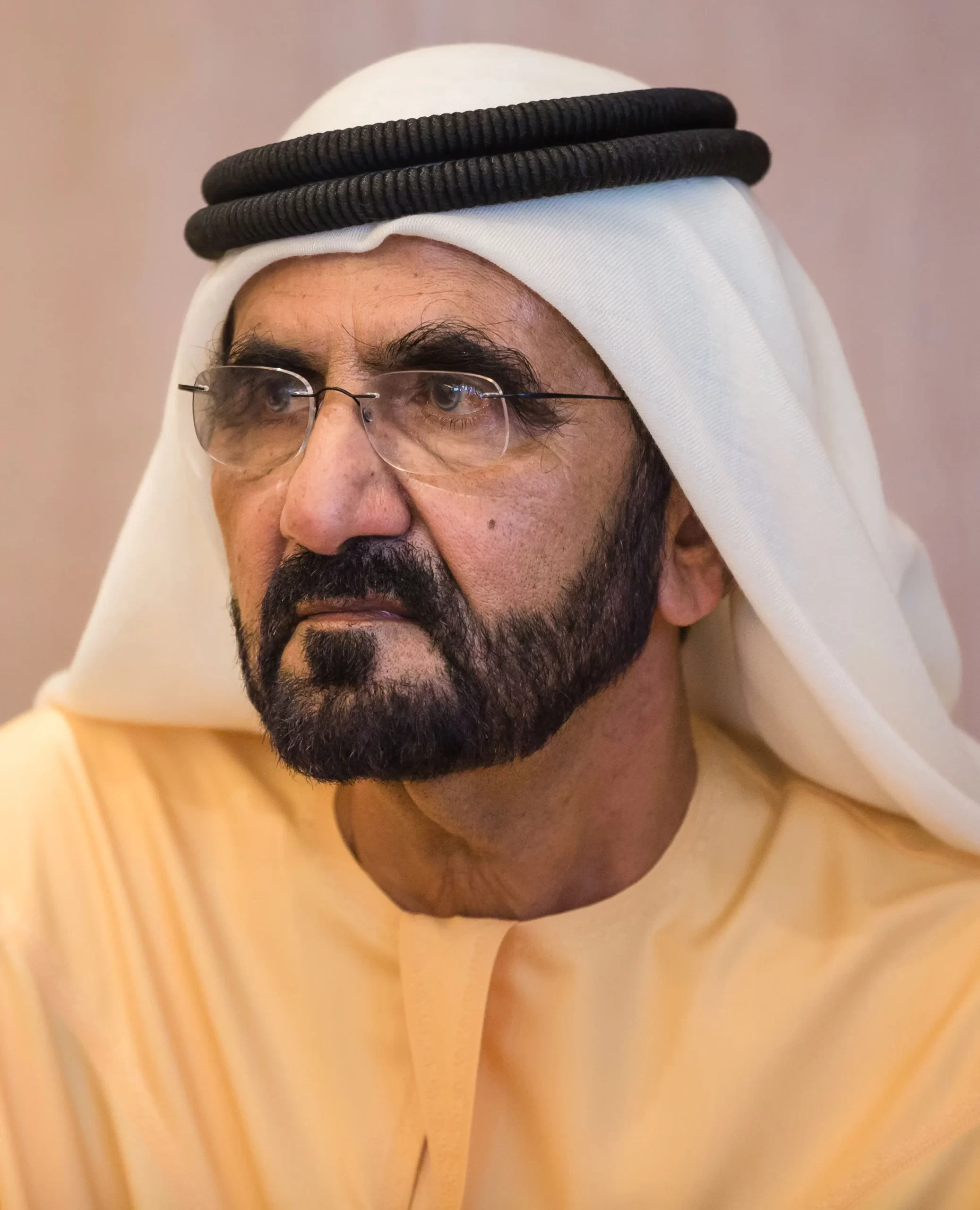WAR, POLITICS ECLIPSE ECONOMICS ON DAVOS LEADERS’ MINDS
Hot and cold wars, fragmenting trade and key elections fuel anxiety at annual forum
Never mind interest rates, inflation or recession. The economic concerns that usually preoccupy the global elite at their annual gathering in Davos are taking a back seat to hot war in Ukraine and the Middle East, cold war between the West and China and watershed elections from India to the U.S.
For government and business leaders, it is a disorienting departure from a world in which fortunes were mainly driven by financial forces. The World Economic Forum, which hosts the meeting, is now the de facto world geopolitical forum.
“There’s a higher-level issue than the economy, which is geopolitics,” said Christian Mumenthaler, chief executive of reinsurance giant Swiss Re, which insures risks around the world. Geopolitics hasn’t been so big an economic threat since the height of the first Cold War in the 1980s, he said.
“We’re starting this year with the longest list I ever recall of potential disruptions,” said Christian Ulbrich, chief executive of real-estate company JLL, which operates around the world. “You really have to run your organization in an extremely agile way so that you can react immediately.”
Longtime Davos attendees came of age in a world in which products, capital and people flowed ever more freely. But globalization began fragmenting in 2016 when Britain voted to leave the European Union and Donald Trump was elected president—and who went on to withdraw from a global climate accord and a trade pact with Pacific nations and then hike tariffs sharply, especially on China.
Deglobalization has gathered speed with the pandemic, Russia’s invasion of Ukraine, the intensifying rivalry between the U.S and China and the newfound appeal of industrial policy—governments directing resources to favored home industries. That is over and above the hazards thrown up by the natural world, such as extreme weather.
The upshot is that political events that were once peripheral to business leaders’ concerns are now central, especially when optimism is high that major economies will lower inflation without recession, so-called soft landings.
The U.S. election is on everyone’s minds because of the potential for Trump to return to the White House. On Monday, Trump won the first Republican nominating contest, in Iowa, by a wide margin.
“Every conversation begins with a query about my assessment of the outcome of Iowa, who’s going to win New Hampshire, and what are the odds of Trump 2.0,” said Tim Adams, president of the Institute of International Finance, a Washington-based group of international banks, and a former senior Treasury official under President George W. Bush. The questions are driven by trepidation, curiosity and fear that “the U.S. retreats, engages in protectionism, isolationism.”
One European bank chief said he has conducted “game-boarding exercises” to figure out how a Trump administration could play out for his business.
The U.S. election is one of many taking place this year, and for some companies, it isn’t necessarily the most salient. Last Saturday, Taiwan elected as president the candidate most opposed by Communist-ruled China, which is pressing for reunification with the self-governing island. Taiwan is home to Taiwan Semiconductor Manufacturing Co., the world’s dominant supplier of the most advanced microchips.
Many major tech companies depend on those chips. They must reckon with the possibility that military or economic coercion by China, or even war that draws in the U.S., could interrupt that supply. U.S. restrictions on investment and trade related to crucial technologies, including chips, have already disrupted what was once one of the world’s most integrated industries.
The threat to the chip supply “is a risk. That needs to be factored into all analyses you can do,” said Börje Ekholm, chief executive of Swedish telecommunications manufacturer Ericsson. The company has been focused on diversifying its supply chain for semiconductors and other parts since 2018, he said. “You also need to think about how you’re going to manage the situation where chip supply will be constrained.”
Gita Gopinath, the No. 2 official at the International Monetary Fund, said business leaders are worried about geopolitics interfering with trade and investment for good reason: “Fragmentation is a reality, it’s not just a threat.”
While trade has slowed everywhere since Russia’s invasion of Ukraine, it has slowed down more between blocs of allied countries—such as between the West and China or Russia—than within blocs. She said this shows that efforts to confine trade restrictions to strategic sectors, such as high tech, are failing, and a more general decoupling between blocs might be under way.
A study released by the McKinsey Global Institute Wednesday echoed the IMF’s findings. China, Germany, the United Kingdom and the U.S. have all reoriented trade toward allies or nonaligned countries like Mexico and Vietnam, it said
China’s share of U.S. imports of laptop computers and mobile phones, though not subject to tariffs, fell between 2017 and 2022, with much of that share going to Vietnam, the report said. Mexico, it noted, became the largest trade partner of the U.S. last year. Germany all but halted imports of natural gas from Russia while vastly increasing imports from Norway, a fellow member of the North Atlantic Treaty Organization.
That politics, not economics, might govern where companies sell and invest is a new reality that is taking some getting used to. Mike Henry, chief executive of Australian coal and mineral company BHP, said the company has always advocated free trade as the most efficient way to bring commodities to market. “A world of open trade and where countries are able to compete on natural advantage—that’s the world of the past. That’s not the reality we live in today.”
A few years ago China, upset with Australia for demanding an inquiry into Covid’s origins, cut many imports from the country, including coal from BHP, which saw its sales there fall. Though relations between Australia and China have since improved, BHP has since found other markets for that coal. Still, Henry said that in time, economic factors such as shipping rates will once again influence where it sells.
Some executives see hopeful signs, in particular that a rapprochement between China and the U.S. that began last fall will continue, in part because China is trying to help its faltering economy.
Geopolitical tensions also have beneficiaries. After artificial intelligence, the loudest buzz in Davos might be directed at India. Many executives called it their most promising foreign market, and its appeal has only grown now that Russia and much of China are off limits.
“When disruptions take place, people are trying to hedge,” said Hardeep Singh Puri, India’s minister of oil and gas. “But India has a growth story of its own. That is what is driving interest in India.”
For some companies, geopolitical tensions are weighing on employees, not just management. “People are concerned about what’s going on in the world,” JLL’s Ulbrich said. Conflict, or the threat of it, in Europe, Israel/Gaza and China weighs on people, he added. “They don’t know what’s going to happen and look to other people, leaders, for what’s going to happen, but leaders don’t know either.”
—Chip Cutter and Alex Frangos contributed to this article.
 Copyright 2020, Dow Jones & Company, Inc. All Rights Reserved Worldwide. LEARN MORE
Copyright 2020, Dow Jones & Company, Inc. All Rights Reserved Worldwide. LEARN MORE
Chris Dixon, a partner who led the charge, says he has a ‘very long-term horizon’
Americans now think they need at least $1.25 million for retirement, a 20% increase from a year ago, according to a survey by Northwestern Mutual
Ensuring comprehensive health care and fostering innovation and job growth within the health sector.
The Council of Health Insurance and the Saudi Insurance Authority began implementing this decision, requiring employers to provide insurance for domestic workers if their number exceeds four.
The general requirements for applying benefits and coverage under the policy include submitting a medical disclosure form, obtaining approval from the health insurance company, and insuring all workers.
This mandatory health insurance initiative is part of the Council of Health Insurance and the Insurance Authority‘s efforts to ensure comprehensive care, prevention, justice, transparency, and excellence in performance for all stakeholders.
The decision aims to achieve comprehensive health care, sustain health coverage, and encourage health insurance companies and healthcare providers to develop new products and create job opportunities in medical and non-medical specialties.
Iman Al-Tariqi, the official spokesperson of the Council of Health Insurance, explained that the domestic workers’ insurance policy covers primary care, public health, emergency cases, hospitalization without a deductible, emergency treatments for clinics with unlimited visits, vaccinations, and examinations.
Chris Dixon, a partner who led the charge, says he has a ‘very long-term horizon’
Americans now think they need at least $1.25 million for retirement, a 20% increase from a year ago, according to a survey by Northwestern Mutual





















